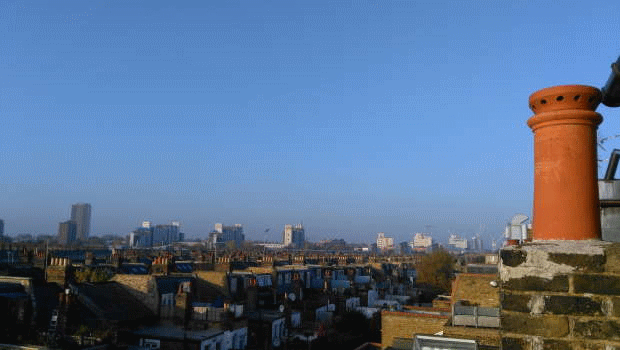UK house prices continue to surge - Nationwide

The average price of a house in the UK has topped £260,000 for the first time, industry data showed on Wednesday.
According to the latest Nationwide House Price Index, annual UK house price growth was 12.6% in February, up from 11.2% in January and the strongest rate since June 2021 It was also well above consensus, with most analysts expecting the rate of growth to soften to around 10.8%.
As a result, the average house price on a non-seasonally adjusted basis is now £260,230. That compares to January’s £255,556, while the annual increase of £29,162 is the largest ever since the start of Nationwide’s monthly index in 1991.
The price of a typical home is also now 20% higher than February 2020, before the start of the pandemic.
Robert Gardner, Nationwide’s chief economist, said: "Housing market activity has remained robust in recent months, with mortgage approvals continuing to run above pre-pandemic levels at the start of the year. A combination of robust demand and limited stock of homes on the market has kept upward pressure on prices.
"The continued buoyance of the housing marking is a little surprising, giving the mounting pressure on household budgets from rising inflation, which reached a 30-year high of 5.5% in January, and since borrowing costs have started to move up from all-time lows in recent months."
Gabriella Dickens, senior UK economist at Pantheon Macroeconomics, said: "We expect house price growth to slow over the remainder of the year, as mortgage rates rise at the same time that household’s real disposable incomes fall sharply.
"In addition, house price growth has tended to struggle during periods of high inflation - due to the resulting hit to real incomes - and Russia’s invasion of Ukraine only looks set to worsen the spike in inflation. Indeed, we expect consumer price inflation to peak at about 8% in April."
Martin Beck, chief economic advisor to the EY Item Club, said: "The potential for continued growth in house prices faces new headwinds.
"The recent rise in energy prices points to inflation peaking higher, at close to 8%, and staying high for longer than previously expected. The corresponding squeeze on household incomes will become intense, meaning fewer people will be able to afford to borrow the necessary amount they need to buy at higher mortgage rates. And consumer confidence, already affected by cost of living concerns, is likely to be sensitive to geopolitical uncertainty."